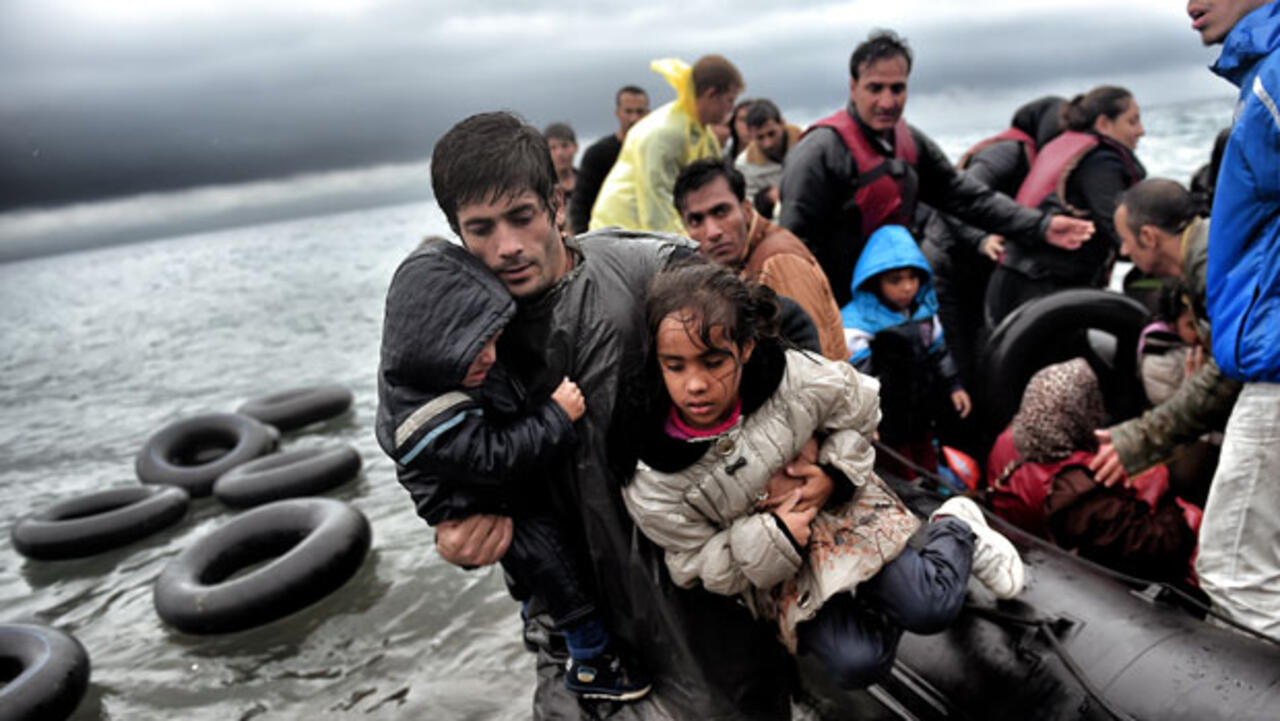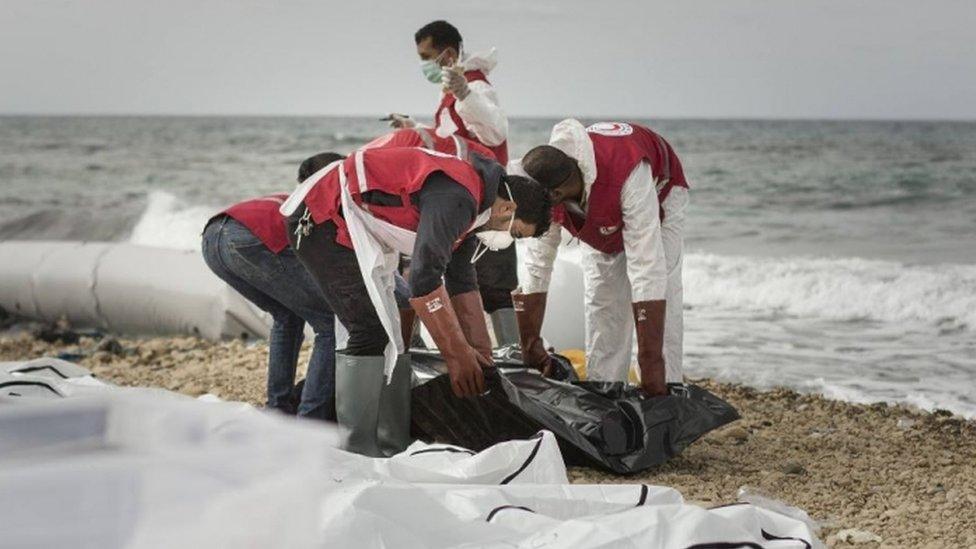Migrant arrivals from Libya to Greece on the rise in 2025

Migrant arrivals from Libya to the Greek Island of Crete have surged by 318 percent in the space of a year, according to the Libya Review on October 28th.
The figure comes from the Mixed Migration Centre’s North Africa quarterly update for the third quarter of 2025, which was published on October 22nd.
According to the report, arrivals from Libya to Crete rose to 13,059 as of September 28th, prompting Athens to suspend the operation of all asylum processing systems for arrivals from North Africa.

The sharp incline has also prompted strengthened cooperation with the Libyan coast guard, which has come under heavy scrutiny over the past few years due to its alleged abuse of migrants and reports that it habitually opens fire, with live rounds, on charity rescue vessels in the Mediterranean.
The report also revealed that 14,648 migrants arrived in Spain via the Western Mediterranean Route, making it the main transit route to the southern European country for the first time since 2020. The most common path had previously been the Canary Islands route, through which 12,909 migrants arrived.
In total, Spain recorded 27,557 arrivals, with most coming from Algeria, and to a lesser but growing extent, Morocco, Somalia, Mali and Guinea.
Elsewhere, Italy recorded 49,799 irregular migrant arrivals in 2025, marking only a 1 percent increase compared to the same period in 2024 and a 2 percent decrease compared to the second quarter of 2025. 43,901 of these arrivals departed from the Libyan coastline, composing 88 percent of all migrants disembarking onto Italy’s shores.
In September, the Italian Foreign Ministry signed a bilateral agreement with Turkey to curtail migrant arrivals across the Mediterranean, predominantly by bolstering pre-existing security arrangements and optimising information exchange systems.
Moreover, Italy’s highly controversial Memorandum of Understanding on Migration Cooperation (MoU) with Libya’s Government of National Unity is set to automatically renew on November 2nd.
The Italian government trains and funds the Libyan coast guard under the agreement, which was first signed in 2017. The prospect of its renewal sparked demonstrations in Rome that sought to pressure the government into withdrawing from the MoU.
Libya Review, Mixed Migration Centre, Maghrebi.org, Italian Foreign Ministry
Want to chase the pulse of North Africa?
Subscribe to receive our FREE weekly PDF magazine













